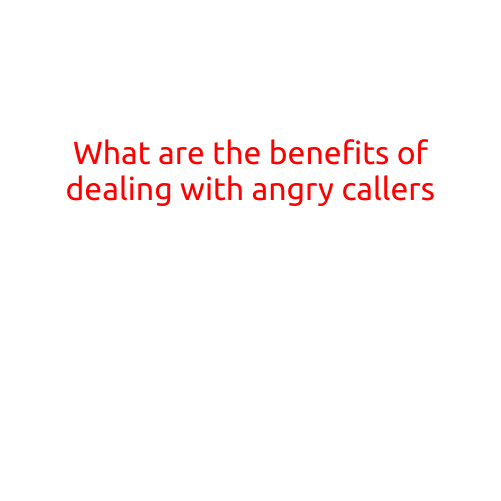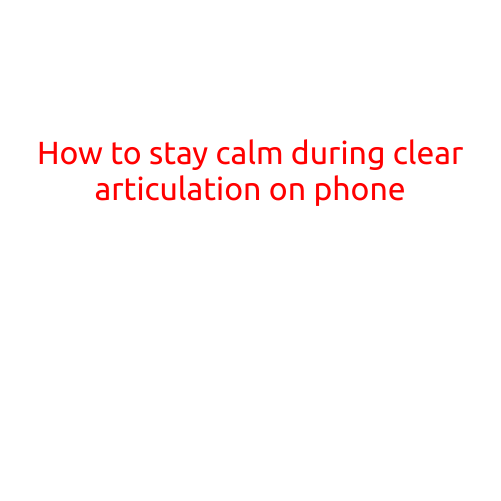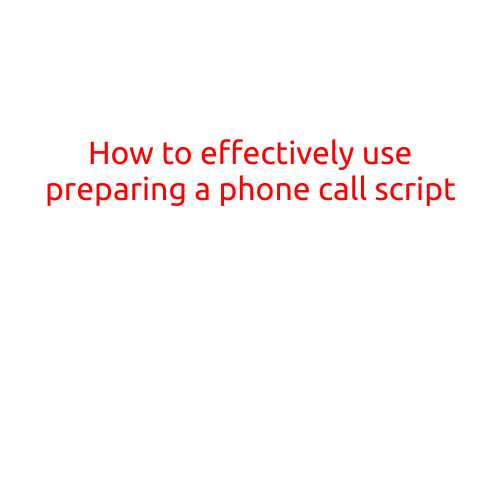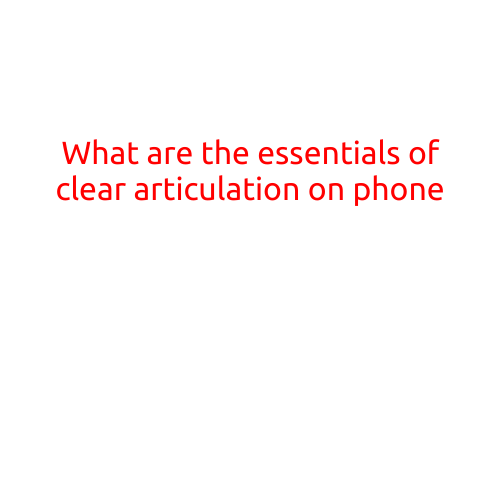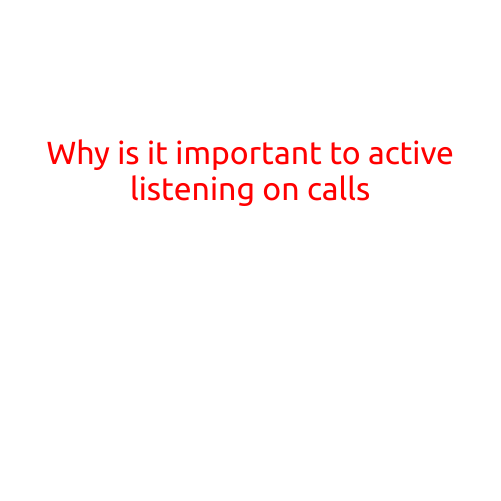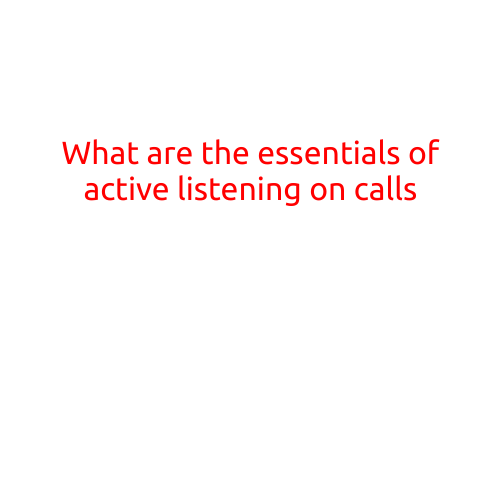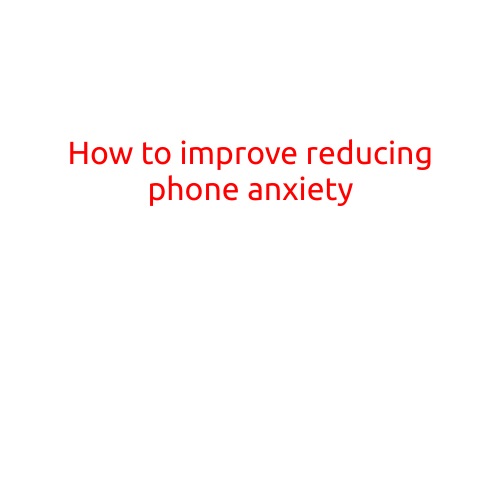
How to Improve Reducing Phone Anxiety
In today’s world, it’s hard to imagine a day without our phones. We use them for everything from social media to work communications to online shopping. However, for many people, the mere thought of answering a call or sending a text can cause significant anxiety. Phone anxiety, also known as telephobia, is a legitimate phobia that can have a negative impact on daily life.
Whether you’re anxious about using the phone due to fear of rejection, fear of saying something wrong, or simply feeling overwhelmed by the constant notifications, there are strategies you can use to reduce your phone anxiety.
Identify Your Triggers
To reduce phone anxiety, it’s essential to understand what triggers your anxiety. Take some time to reflect on when and why you feel anxious about using your phone. Is it when you’re FaceTiming with someone? Sending a text to a particular person? Making a phone call?
Once you’ve identified your triggers, you can start working on strategies to overcome them.
Practice Relaxation Techniques
Deep breathing, progressive muscle relaxation, and visualization can be powerful tools in reducing phone anxiety. Take a few minutes to practice these techniques before making a call or sending a text. You can also use guided meditation apps or online resources to help you get started.
Prepare Ahead of Time
If you’re worried about what to say or do during a phone call, prepare ahead of time by practicing common questions and answers. Write down key points you want to discuss or ask and rehearse your responses. This can help you feel more confident and prepared.
Use Positive Self-Talk
Negative self-talk can exacerbate phone anxiety. Replace negative thoughts with positive affirmations. Instead of telling yourself “I’m going to mess this up,” try “I’m prepared and capable of handling this conversation.”
Take Breaks
It’s essential to take breaks from your phone throughout the day. Put your phone away for a few hours, take a walk, or engage in an activity that doesn’t involve your phone. This can help you feel more relaxed and reduce your overall phone anxiety.
Seek Support
Finally, don’t be afraid to seek support from friends, family, or a mental health professional. Sharing your phone anxiety with someone you trust can help you feel less isolated and more supported.
Additional Tips
- Use apps that help manage phone anxiety, such as apps that block social media or limit distractions.
- Set boundaries with others about when you’re available to talk or text.
- Practice mindfulness while using your phone, focusing on the present moment and letting go of worries about the past or future.
- Keep your phone volume turned down or on silent mode to reduce distractions.
Conclusion
Phone anxiety is a common and treatable condition. By identifying your triggers, practicing relaxation techniques, preparing ahead of time, using positive self-talk, taking breaks, seeking support, and using additional tips, you can reduce your phone anxiety and feel more confident and comfortable using your phone. Remember, it’s okay to take your time and prioritize your mental health.
